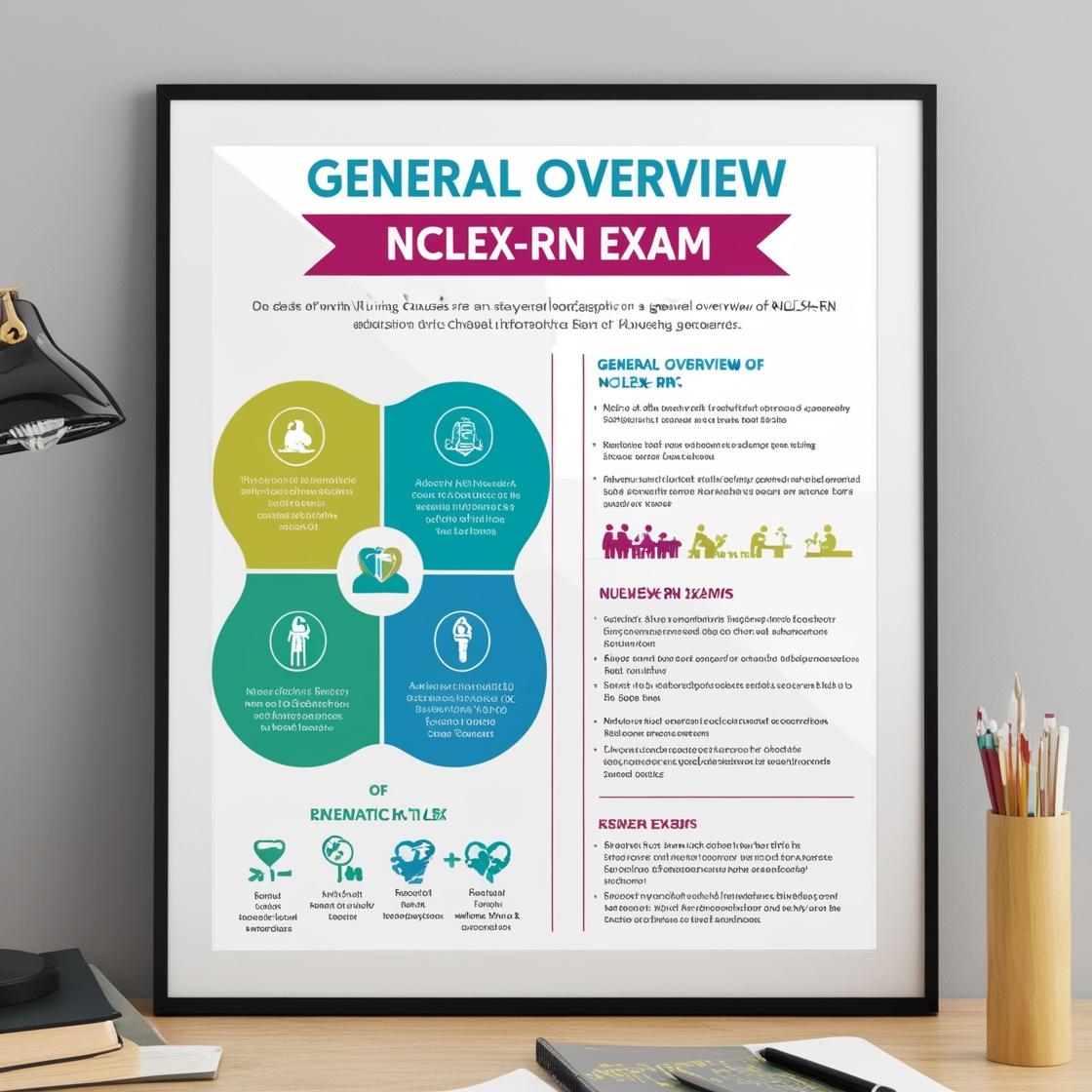NCLEX-RN
Psychosocial Integrity NCLEX Questions
1. After undergoing dilation and curettage following an early miscarriage, a client is crying. Which response would the nurse give?
- A. ''This must be a very difficult experience for you to deal with.''
- B. 'You'll have other children to take the place of the child you lost.''
- C. 'Of course you're sad now, but at least you know you can get pregnant.''
- D. 'I know how you feel, but when a woman miscarries, it's usually for the best.''
Correct answer: A
Rationale: The correct response acknowledges the client's grief without judgment and provides validation. Choice B is inappropriate as it suggests replacing the lost child with other children, which is insensitive and dismissive of the client's current loss. Choice C minimizes the client's feelings by focusing on the ability to get pregnant rather than addressing the emotional impact of the miscarriage. Choice D is dismissive and patronizing, suggesting that the miscarriage was for the best, which can be hurtful and diminish the client's grief.
2. According to psychodynamic theory, what purpose do delusions serve?
- A. Delusions are a defense against anxiety caused by real or imagined threats.
- B. Magical thinking is a delusion that ensures desirable outcomes.
- C. Delusions are a method of dealing with and interpreting external stimuli.
- D. Subconsciously, delusions are a way to safely express anger and hostility.
Correct answer: A
Rationale: According to psychodynamic theory, delusions serve as a defense mechanism against anxiety triggered by real or perceived threats. Delusions are the individual's unconscious way of protecting themselves from overwhelming feelings of anxiety. Magical thinking, on the other hand, involves believing that one's thoughts can influence external events. This is not the same as delusions. Delusions are not a way of interpreting external stimuli but rather a defense mechanism. Expressing anger and hostility is typically associated with defense mechanisms like displacement or projection, not delusions.
3. When assessing an older adult, which vital sign changes would the nurse recognize as occurring with aging?
- A. Increase in pulse rate
- B. Widened pulse pressure
- C. Increase in body temperature
- D. Decrease in diastolic blood pressure
Correct answer: B
Rationale: When assessing an older adult, the nurse should be aware that with aging, systolic blood pressure tends to increase, resulting in widened pulse pressure. While in many older individuals both systolic and diastolic pressures increase, the pulse rate and body temperature typically do not increase with aging. Therefore, the correct answer is widened pulse pressure. Choices A, C, and D are incorrect because pulse rate does not necessarily increase with age, body temperature generally remains stable, and diastolic blood pressure may increase instead of decreasing in many older adults.
4. The client is in the withdrawal phase of adjusting to the change in body image. Which reaction cues the nurse to realize this when caring for a client who has lost an arm in a motor vehicle accident?
- A. The client is going through a grieving period.
- B. The client talks as if another person is affected.
- C. The client is willing to learn techniques to adapt.
- D. The client recognizes the reality and becomes anxious.
Correct answer: D
Rationale: In this scenario, the client's recognition of the reality and subsequent anxiety cues the nurse that the client is in the withdrawal phase of adjusting to the change in body image. During this phase, the client may refuse to discuss the change and may use withdrawal as a coping mechanism. The grieving period typically occurs during the acknowledgement phase, where the client and family come to terms with the change in physical appearance. Initially, shock and depersonalization may lead the client to talk as if another person is affected by the change. Finally, in the rehabilitation stage, the client is ready to learn techniques to adapt to the change, such as through the use of prosthetics or modifying lifestyles and goals.
5. Which method is used to verify the placement of a newly inserted central venous access device (CVAD)?
- A. Chest x-ray
- B. Flushing the line with heparin
- C. Withdrawing blood to ensure patency
- D. Chest fluoroscopy
Correct answer: A
Rationale: The correct method to verify the placement of a newly inserted central venous access device (CVAD) is a chest x-ray. This is crucial to detect any potential complications such as pneumothorax, which can occur during subclavian vein catheter insertion. Symptoms of pneumothorax may include shortness of breath and anxiety. Flushing the line with heparin is not used for placement verification, but rather for maintaining patency after verification. Withdrawing blood to ensure patency is done after placement is confirmed, not for initial verification. Chest fluoroscopy may be used during the insertion process but is not typically employed for placement verification.
Similar Questions

Access More Features
NCLEX RN Basic
$69.99/ 30 days
- 5,000 Questions with answers
- Comprehensive NCLEX coverage
- 30 days access @ $69.99
NCLEX RN Premium
$149.99/ 90 days
- 5,000 Questions with answers
- Comprehensive NCLEX coverage
- 30 days access @ $149.99
